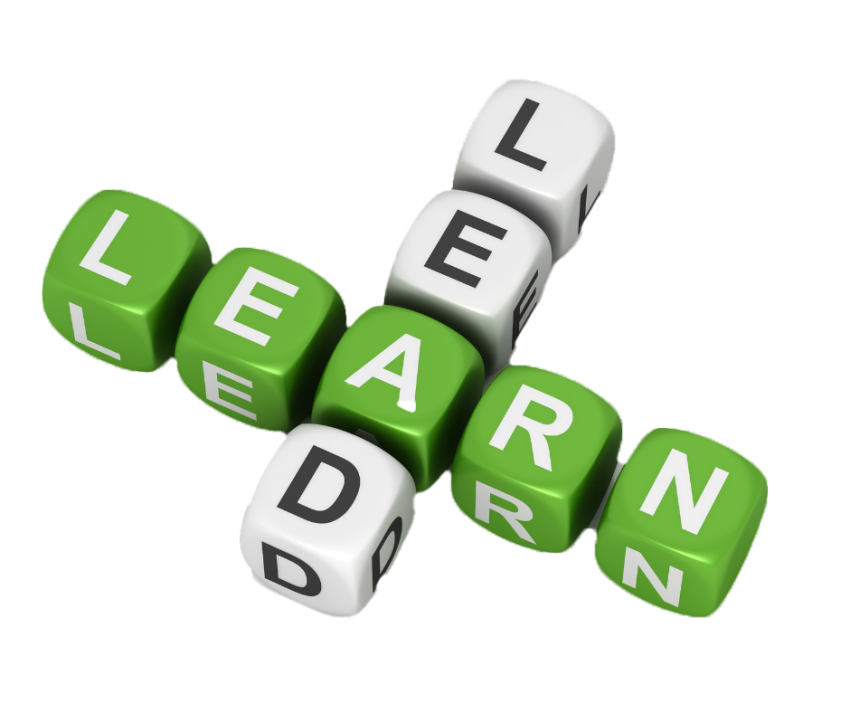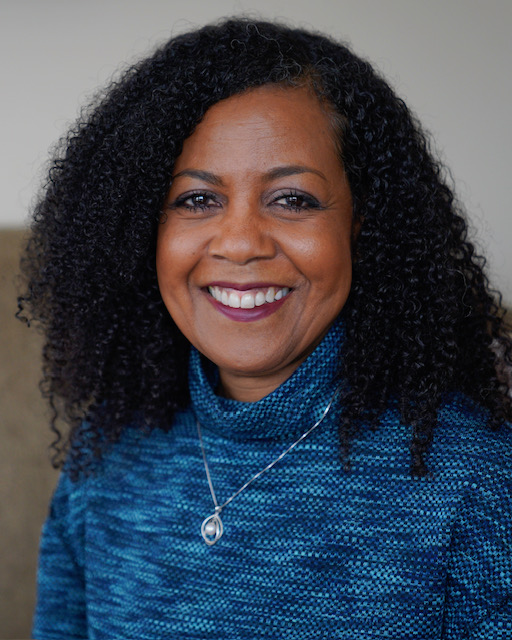
Shared Learning Community Circle
Learning and discussion sponsored by FREC and East Side Freedom Library
FREC’s online shared learning community circle is a way to share ideas, stories, articles, videos, books, blogs, poems and more with others who are interested in learning together to gain new perspectives, exchange bold ideas and build knowledge. This program is suspended indefinitely.
November Learning:
Tuesday, November 12th, 2024 from 4:30 – 6pm CDT:
Building a Multiracial Democracy and a Caring Economy
We will define a caring economy and why it is the basis of a multiracial democracy. We will discuss how we can move toward a multiracial democracy and a caring economy and how we will measure progress toward them.
Guest Speaker:

Sharon Sund, a former chemist, later directed a mediation, conflict resolution, and restorative justice organization. After running for political office, Sharon founded We Go High, a Black women’s political leadership organization affiliated with Isaiah/Faith in Minnesota. Sharon became interested in community organizing out of concern for her son with disabilities and all children who have undeveloped abilities. She is committed to making Minnesota a hub of Black technical talent. Sharon currently serves as a Trustee for the Science Museum of Minnesota.
How to Join Us
We meet online using the Zoom link through the button below. Please contact us if there are any additional accommodations we can provide to encourage comfortable participation. All are welcome!

What to Expect
Previous shared learning sessions have included topics such as what does reparations look like, traits of whiteness and how they show up, redistribution of wealth and privilege, BIPOC farming and more.
There will be a highlighted speaker and/or content to preview prior to each session for a more in depth discussion on the presented topic.
The group will share introductions and review the FREC Guidelines for Dialogue document to be sure we are all honoring the space and care of ourselves and others prior to conversation.
All are welcome! We are excited to have you join our learning community.
This program is suspended indefinitely.

Can’t Join Us?
Check out our Get Involved page to learn more!
Also, please feel free to look at previous Shared Learning Circle Discussions.

You must be logged in to post a comment.